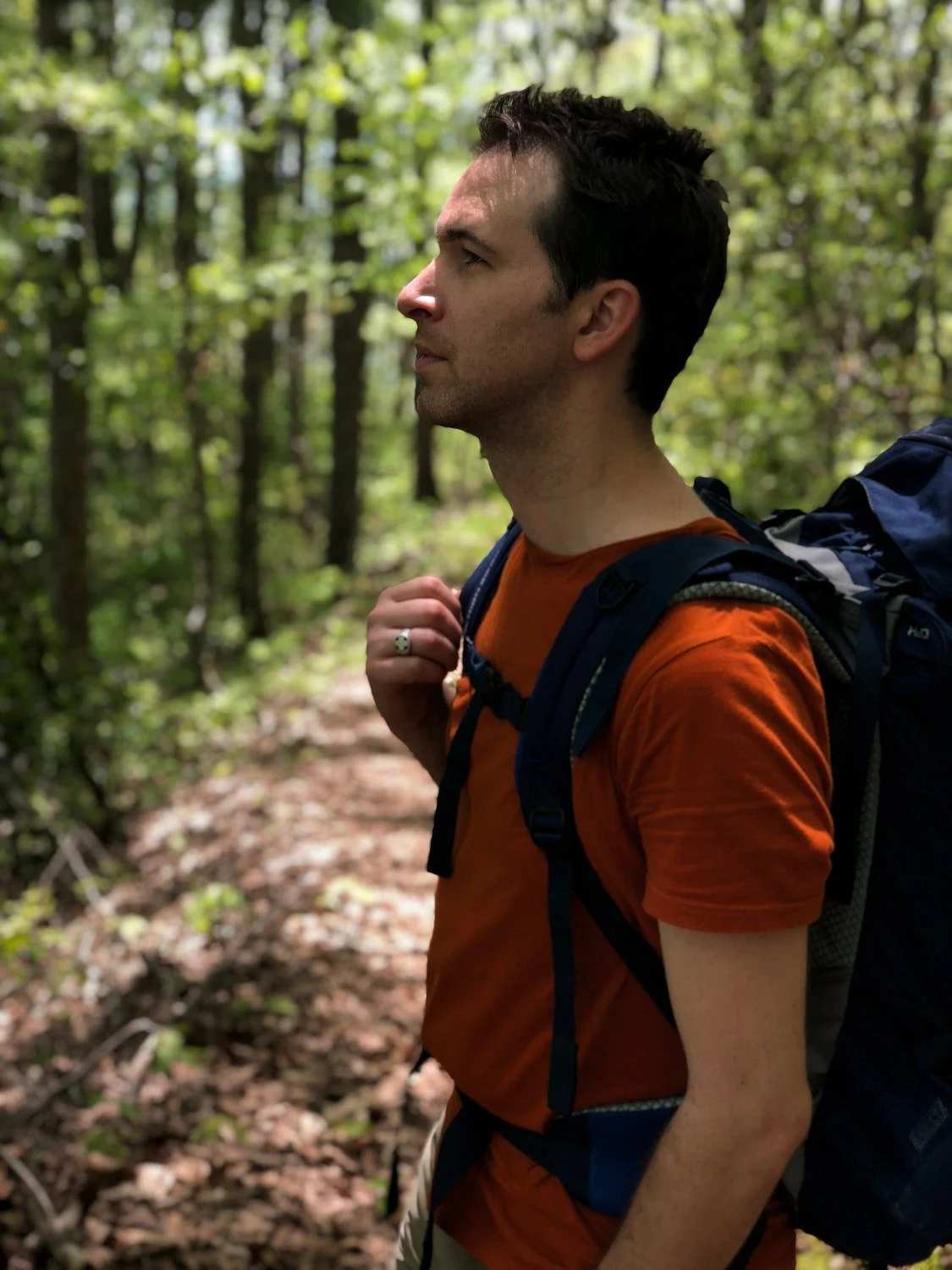The trail of horror stories surrounding Trails Carolina is proving to be disturbing. From alleged physical mistreatment to emotional abuse, these claims are raising serious concerns.
They have also prompted various investigations and inspections. This article will look into those reviews, exploring their implications for the program and its future.
What We Know
As the investigation into trails carolina continues, troubling stories are emerging that highlight the dangers of wilderness therapy. These allegations include physical abuse, psychological manipulation, and lasting trauma for participants. These stories illustrate the need for greater transparency and accountability in this industry.
Some former participants claim they were subjected to verbal abuse, humiliation, food and water deprivation, isolation, and physical assault at Trails Carolina. They also allege that they were denied access to healthcare, putting their mental health in jeopardy.
The harrowing claims of abuse at Trails Carolina highlight the need for greater transparency and accountability in the wilderness therapy industry. It’s vital that families conduct thorough research and consult with mental health professionals before enrolling their loved ones in these programs. This will help ensure that their children are in a safe and supportive environment. It will also ensure that they are receiving the care they need. For example, a family could choose to find alternative treatment for their child with the help of an experienced and trusted addiction recovery counselor.
Allegations of Abuse
Amidst a growing discussion on whether wilderness rehabilitation programmes are beneficial, troubling narratives have emerged about Trails Carolina. Former participants and their families have shared stories of emotional and physical mistreatment. These accounts have sparked concern among parents who are considering enrolling their kids into these programmes.
Some of these testimonials include accounts of abuse by staff members. Whistleblowers have described a toxic environment where the program prioritizes profit over participant safety. They have also alleged that the programme uses physical restraints, denies medical care to participants, and stifles dissenting voices.
The death of Alec Lansing, a 17-year-old boy, has brought attention to Trails Carolina and other wilderness therapy camps. It’s led to greater scrutiny of the camps, including increased DHHS inspections and increased requirements for camp staff.
Responses
Many parents who had children in Trails Carolina programs reported transformative experiences and lasting positive changes. However, these parents also shared harrowing stories of emotional and physical abuse at the program’s hands.
Investigations and legal actions against the program led to a shift in public perception, bringing attention to issues that must be addressed. As a result, the program has made substantial operational adjustments, including improving communication channels and expanding post-program support for participants.
While Trails Carolina maintains that the safety and well-being of its participants is its top priority, it has faced numerous accusations of physical and psychological abuse. These allegations include restraining, hitting, choking, and intimidating students in addition to forcing them to sleep outside without adequate clothing or shelter. These incidents prompted investigations by regulatory bodies and independent investigators. They examined everything from the safety of Trails Carolina’s wilderness settings to the effectiveness of its therapeutic methods. They also looked at how these practices compare with industry standards.
Conclusions
Trails Carolina is a wilderness therapy program that aims to assist troubled teens in finding transformation and personal growth through outdoor adventures. While the program has been praised for its innovative approach, various concerns and allegations have raised questions about their safety practices.
These issues range from allegations of physical abuse to emotional manipulation and mistreatment. Several legal actions and investigations have been initiated in response to these concerns. In some cases, financial penalties and punitive measures may be implemented to ensure the safety of future participants.
In addition, there are concerns about the adequacy of staff training and oversight in the wilderness therapy setting. Insufficient supervision and risk management in a high-risk environment can lead to serious accidents, injuries, and even deaths. Furthermore, denying teens access to their basic needs like food, water, and medicine is a serious violation of ethical standards. It is crucial to scrutinize programs that work with vulnerable populations and establish a system of transparency to ensure the safety of adolescents.
